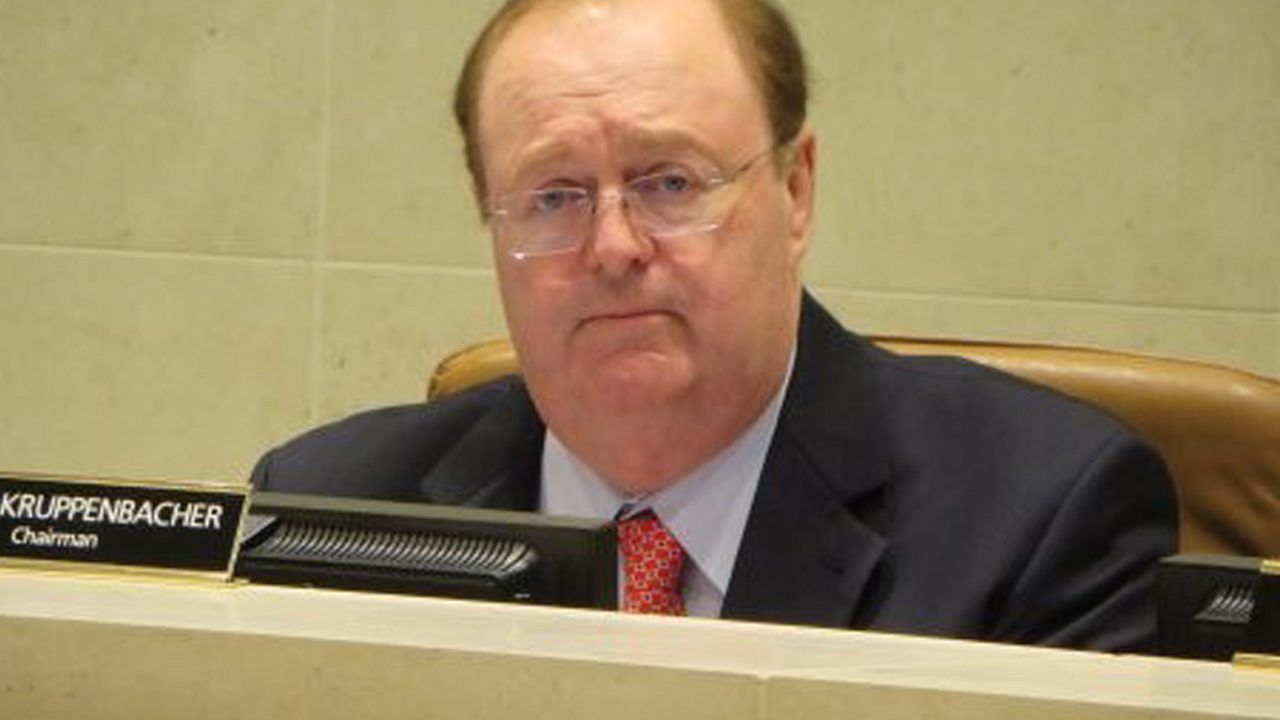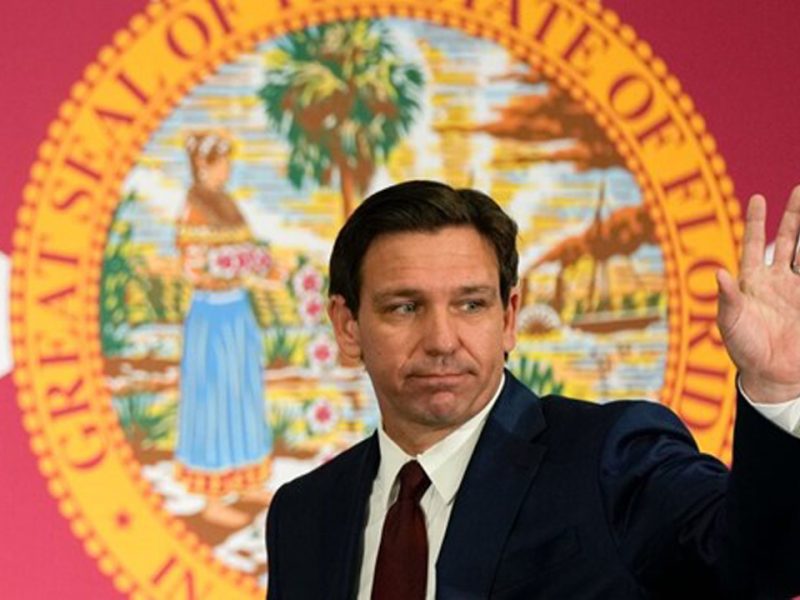
Kruppenbacher admits he broke ethics law at Florida Virtual School, document shows
Orlando Sentinel | By Leslie Postal | January 9, 2024
Frank Kruppenbacher, once regularly called one of Orlando’s most powerful people, left his post as general counsel at the Florida Virtual School in 2018, kicking off a scandal that eventually led to the public school’s takeover by the state.
Now, more than five years later, Kruppenbacher has admitted that he violated a state ethics law by having a virtual school employee do clerical work for his private business, according to an agreement his attorney signed last month.
In the agreement, Kruppenbacher denied five other allegations of ethics violations that stemmed from his controversial tenure at the virtual school. An advocate for the Florida Commission on Ethics has recommended those allegations be dismissed as “the evidence does not warrant moving forward.”
The ethics commission is scheduled to take up Kruppenbacher’s case at its Jan. 26 meeting. If it adopts the recommendations in the report, Kruppenbacher would face public censure and reprimand and a civil penalty of $5,000.
When the ethics commission in July 2021 found “probable cause” that Kruppenbacher had violated state ethics laws, the longtime attorney called the accusations “baseless,” and he has previously denied any wrongdoing while he served as the virtual school’s top attorney from 2011 to 2018.
Neither he nor his attorney, Mark Herron, responded to emails and phone calls requesting comment for this story.
Kruppenbacher has had a long legal career in Central Florida, serving as attorney for Orange County Public Schools, the virtual school, a half dozen government agencies and, most recently, the Osceola County school district. He left the Osceola position in September. He also served for seven years as chairman of the board that oversees Orlando International Airport.
At one point, Orlando Magazine named him one of the city’s most powerful people seven years in a row.
The ethics commission meeting next month could be the final official response to the scandal that rocked the virtual school in 2018 when Kruppenbacher — an ally of former Gov. Rick Scott — resigned amid whistleblower accusations of “boorish” behavior and a school audit that questioned spending and contracts Kruppenbacher approved. The whistleblower complaints came from about a dozen school employees.
In April 2019, the Orlando Sentinel published an investigation of Kruppenbacher’s tenure at the school, and soon after Gov. Ron DeSantis and lawmakers ordered a state takeover of the school, considered a national pioneer in online education. The state ordered audits, disbanded the school’s board of trustees and appointed new administrators.
After a time under direct state control, the virtual school is now once again an independent public school, with a board of trustees appointed by the governor. The school serves more than 240,000 students with both full and part-time online classes and is receiving more than $300 million in state money for this school year.
The complaints about Kruppenbacher were investigated first in 2018 by a law firm and auditors hired by the virtual school. The complaints were also forwarded to the Florida Department of Law Enforcement and the ethics commission.
FDLE closed its investigation in 2020 without filing any criminal charges against Kruppenbacher, but it provided its report to the ethics commission.
In July 2021, the ethics commission found “probable cause” that Kruppenbacher violated ethics rules in six instances by, for example, requiring FLVS employees to do his private law firm work, by destroying and altering school documents and by accepting payment for unused vacation days that should have applied to his extensive overseas travel, it said.
The virtual school said that when he resigned he was paid more than $25,000 for unused vacation time. He did not use his school vacation days when he was absent for extensive travel as airport chairman to places as far away as Argentina, China and Israel.
The commission ruled the case should go to a full evidentiary hearing before an administrative law judge. That hearing was scheduled for this week but was canceled, records with the Division of Administrative Hearings show.
The Florida Attorney General’s office, which provides attorneys who serve as advocates for the ethics commission, this week provided the Orlando Sentinel with a copy of the agreement that made the scheduled hearing unnecessary. It was signed by advocate Melody Hadley and Herron in mid-December.
Kylie Mason, a spokeswoman for the attorney general’s office, did not respond to emailed questions asking why it had taken more than two years to schedule a hearing or reach an agreement with Kruppenbacher.





